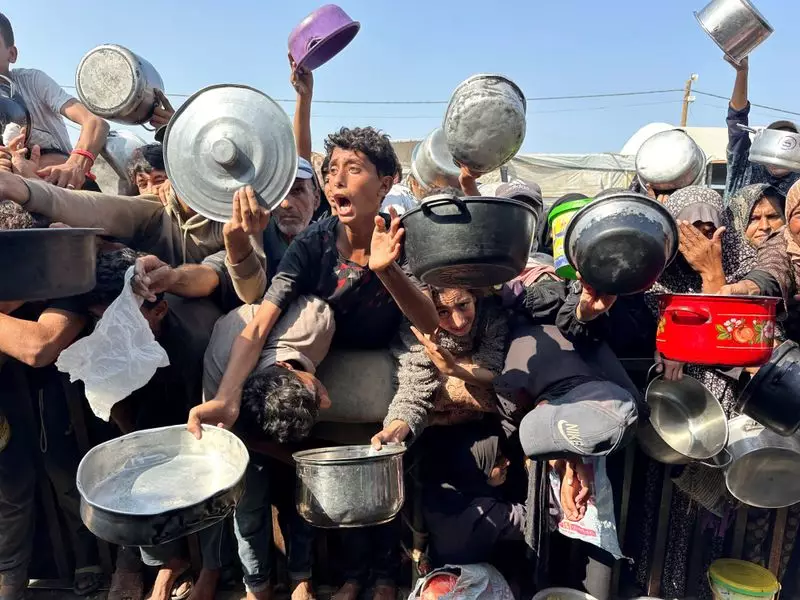
In a significant development amid ongoing regional tensions, Israeli authorities have transferred the remains of 15 Palestinians back to the Gaza Strip. The repatriation occurred through the Kerem Shalom crossing, marking one of the larger such returns in recent months.
The handover process was conducted under strict security protocols, with Israeli defense officials coordinating the transfer with Palestinian authorities in Gaza. The bodies had been held by Israel for varying periods, with some families waiting months to recover their loved ones' remains.
Mixed Reactions to the Repatriation
The return of the bodies has generated complex reactions across the political spectrum. Palestinian families expressed both relief at finally being able to bury their relatives and frustration over the delayed process. Many had been advocating for the return through various channels for extended periods.
Israeli officials described the move as a "humanitarian gesture" aimed at reducing tensions, though some security experts within Israel have voiced concerns about potential security implications. The debate highlights the delicate balance between humanitarian considerations and security concerns that characterizes the ongoing conflict.
Broader Context of Body Exchanges
This repatriation occurs against the backdrop of:
- Ongoing negotiations between Israeli and Palestinian authorities
- Recent escalations in cross-border tensions
- Previous agreements regarding the return of remains
- International pressure regarding humanitarian issues in the conflict
The practice of holding and returning bodies has been a contentious issue in Israeli-Palestinian relations for years. Both sides have used the issue as leverage in various negotiations, with human rights organizations frequently criticizing the policy as violating international humanitarian law.
Regional Implications
Analysts suggest that such gestures, while addressing immediate humanitarian concerns, do little to resolve the underlying conflicts. The return comes at a time when regional mediators are attempting to broker longer-term agreements between the parties involved.
Meanwhile, in Gaza, the returned bodies were received by local authorities and quickly transferred to families for burial. The ceremonies proceeded amid tight security and emotional scenes as families finally laid their relatives to rest after prolonged uncertainty.





